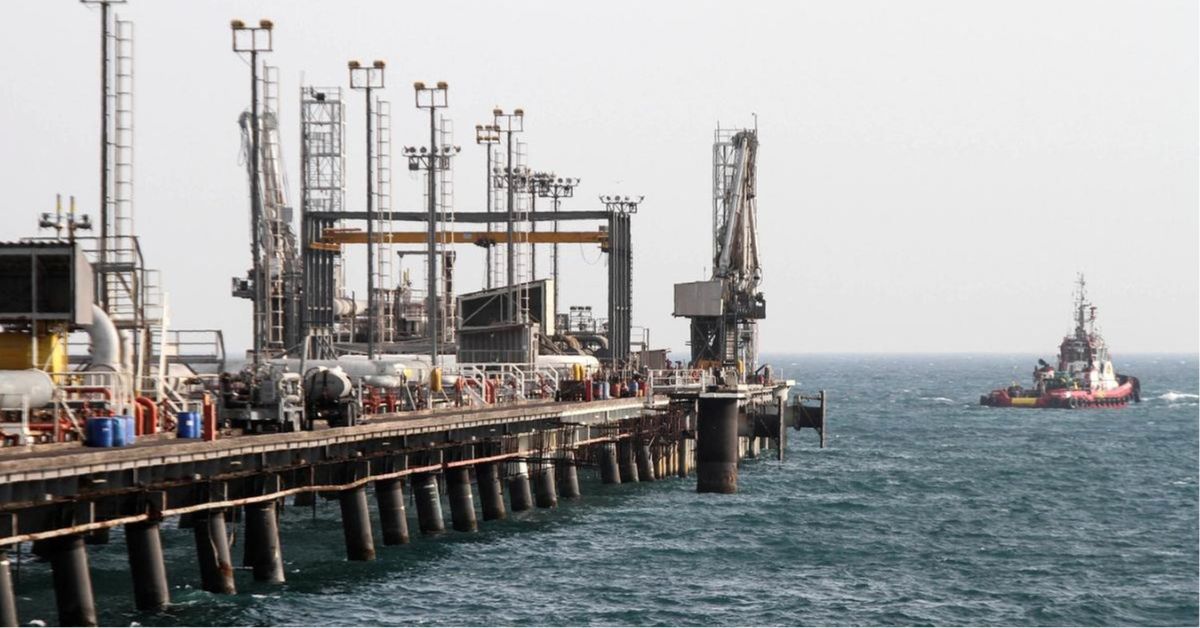Moscow, Russia – Russia will continue additional voluntary oil export cuts by 300,000 barrels a day until the end of the current year, Russian Deputy Prime Minister Alexander Novak said on Sunday, Russian news agency TASS reported.
“Russia will continue additional voluntary decrease of supplies of its oil and oil products to global markets by 300,000 barrels a day, which came into effect in September and October 2023, until late December 2023,” he was quoted by the TASS to have said, adding that a market analysis will be done next month to make a decision on either continuing oil production cuts or increasing it. This measure supplements the voluntary oil production cuts by 500,000 barrels a day that was announced by Russia in April 2023 and will stay in place until late December 2024.
According to Novak, additional cuts are geared to enhance OPEC+ measures to maintain stability and balance on oil markets.
Russia began to voluntarily cut oil production by 500,000 barrels a day from February’s average back in March. The term of production cuts was extended several times, ultimately until the end of 2023. Following the June 4 OPEC+ meeting in Vienna, production cuts were extended until late 2024.
Along with that, Russia decided to reduce oil exports to global markets by extra 500,000 barrels a day in August and began to reduce exports by 300,000 barrels a day in September, when this measure was extended until the end of the year.








